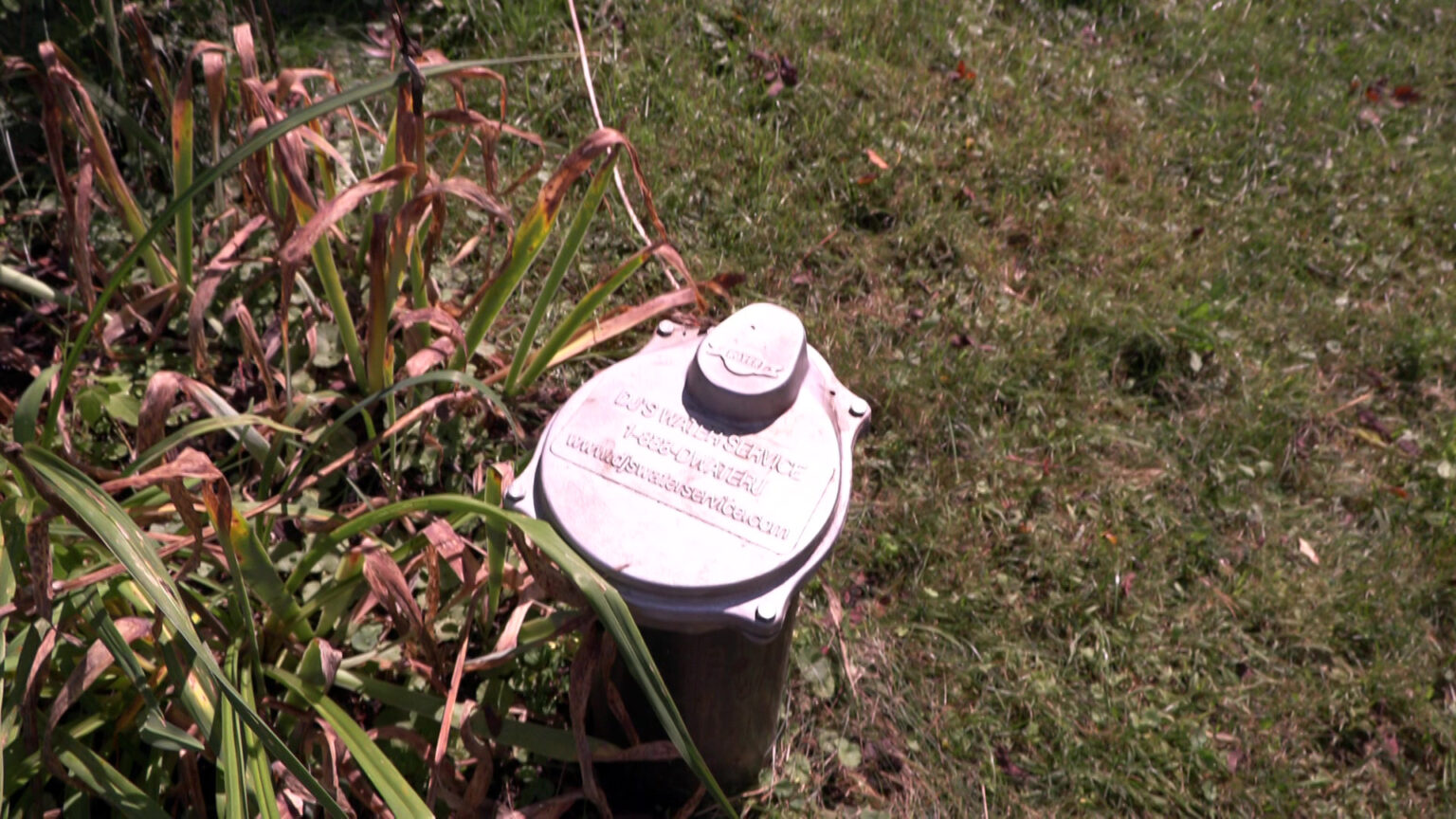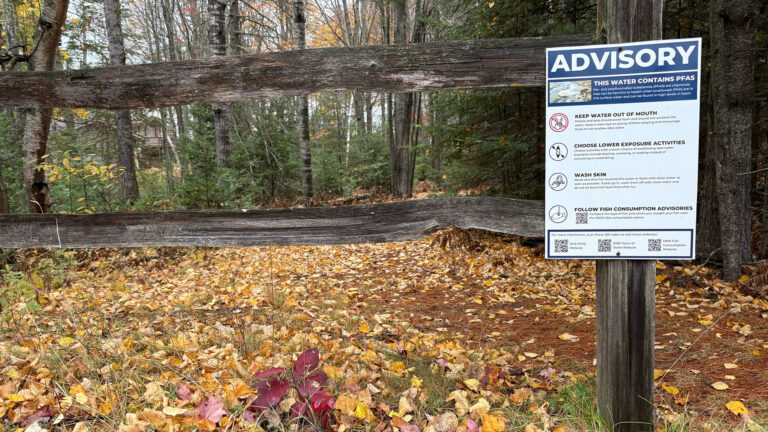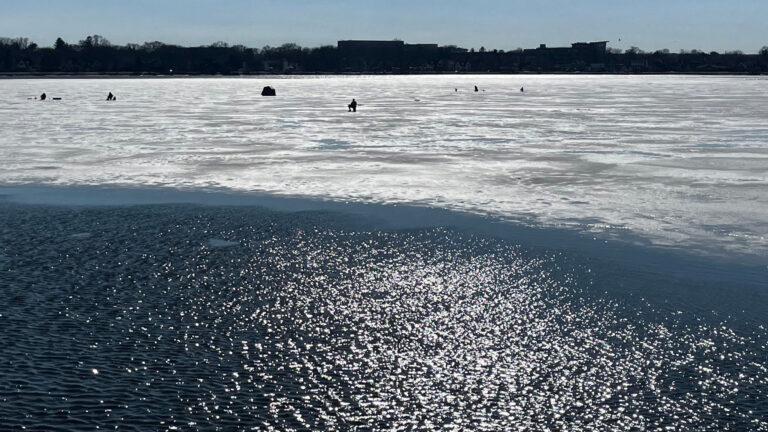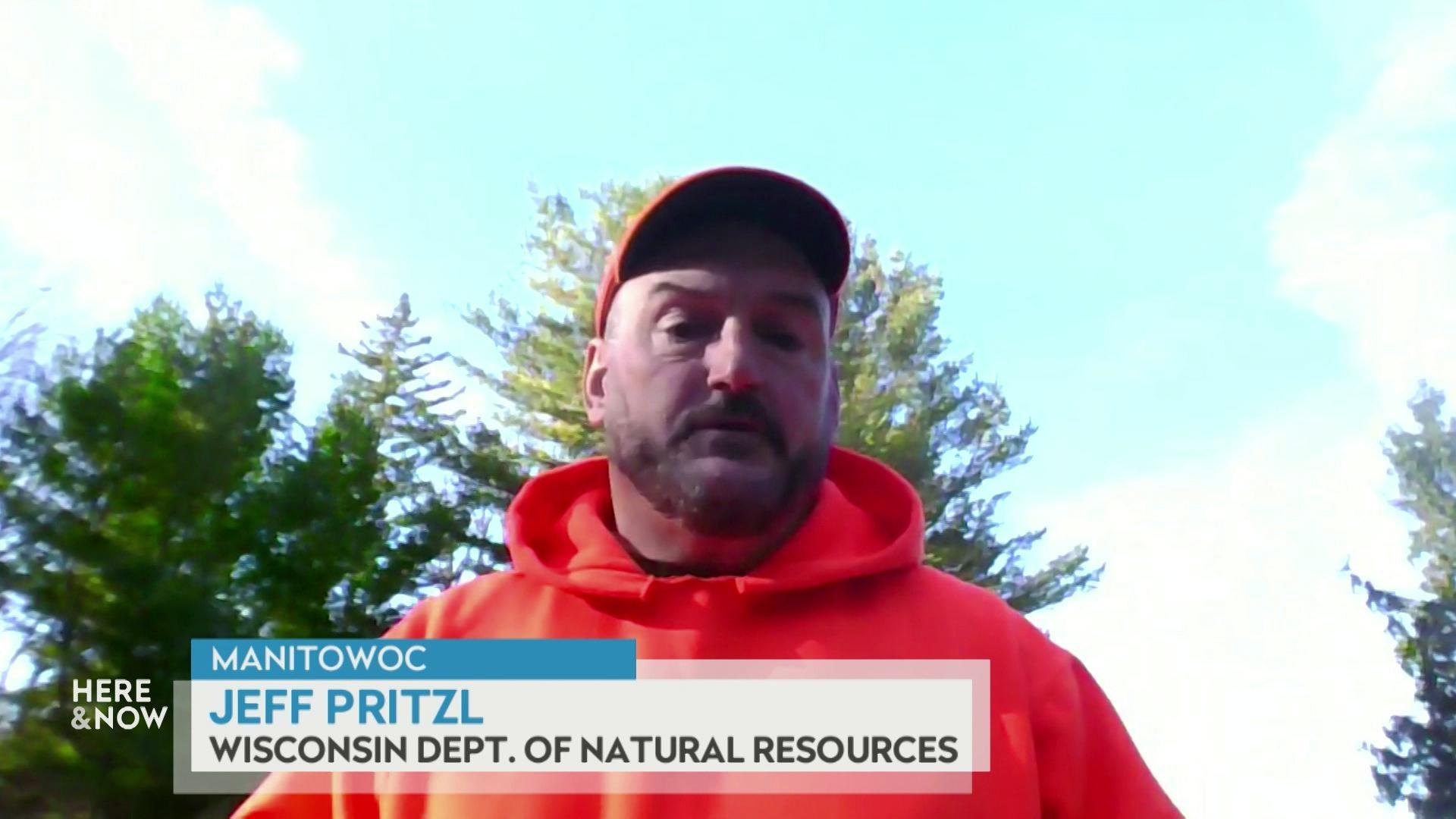Survey finds PFAS in 71% of shallow private wells across Wisconsin
The Wisconsin Department of Natural Resources, UW-Stevens Point and the state hygiene laboratory conducted a survey that found 71% of samples from shallow private wells across the state were contaminated with PFAS chemicals.
Associated Press
November 3, 2023

Sunlight gleams on the cap of a private water well in on Sept. 13, 2022, in Nelsonville. On Nov. 3, 2023, a survey conducted by the Wisconsin Department of Natural Resources, UW-Stevens Point and state hygiene laboratory found nearly three-quarters of water samples drawn from hundreds of private wells across the state in 2022 were contaminated with PFAS chemicals. (Credit: PBS Wisconsin)

MADISON, Wis. (AP) — Nearly three-quarters of water samples drawn from hundreds of private wells across Wisconsin last year were contaminated with PFAS chemicals, a survey state environmental officials released Nov. 3 found.
The Department of Natural Resources, the University of Wisconsin-Stevens Point and the state hygiene laboratory conducted the survey in the summer and fall of 2022. They sampled 450 private wells that reached no deeper than 40 feet at homes across the state.
The U.S. Environmental Protection Agency funded the survey. The study marks the state’s first attempt to sample shallow groundwater away from major municipalities or PFAS cleanup and investigation sites.
The survey revealed that 71% of the samples contained at least one PFAS chemical. About 99% of the contaminated samples had PFAS levels below the state health department’s recommended groundwater limits. About 96% of the contaminated samples contained PFAS levels below limits that the EPA is considering adopting.
Agricultural areas had the highest overall concentrations of PFAS.
Sources of contamination could include PFAS in precipitation, septic systems and biosolids, organic materials recovered from sewage, spread on agricultural land as fertilizer.
PFAS, or per- and polyfluoroalkyl substances, are manmade chemicals that don’t break down easily in nature. They’re present in a range of products, including cookware, firefighting foam and stain-resistant clothing. They have been linked to low birth weight, cancer and liver disease, and have been shown to reduce the effectiveness of vaccines.
Municipalities across Wisconsin are struggling with PFAS contamination in groundwater, including Marinette, Madison, Wausau and the town of Campbell on French Island. The waters of Green Bay also are contaminated.
The DNR last year adopted limits on PFAS in surface and drinking water and is currently working on limits in groundwater.
 Passport
Passport











Follow Us